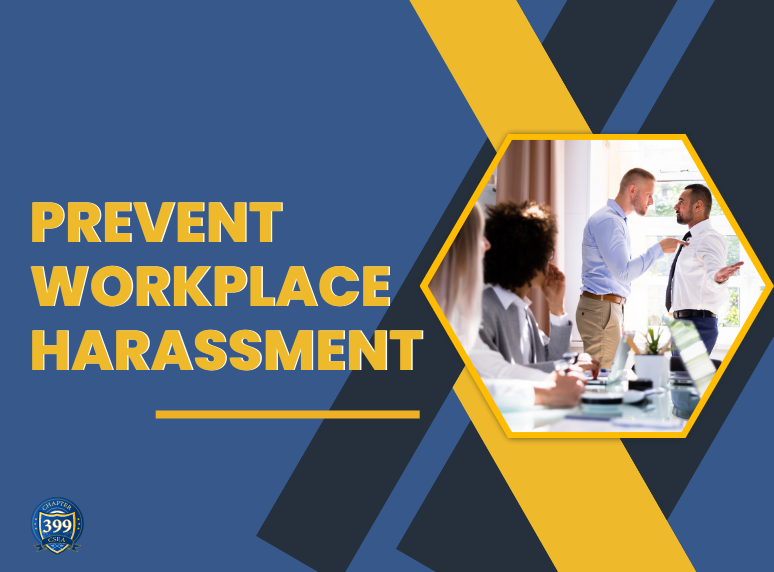Workplace harassment is an all too common problem in today’s society that can have serious and long-lasting impacts on both employees and employers. No matter the size of the business or the industry, it is important for employers to take steps to ensure that their employees feel safe and respected in the workplace.
It can range from subtle forms of discrimination to physical or verbal abuse and can have a huge impact on employee morale and productivity. It is also unlawful for an employer to permit a hostile work environment for employees due to their race, religion, ethnicity, disability, or another protected status.
Unlawful sexual harassment in the workplace is either (1) “quid pro quo” harassment (pressure on an employee to engage in sexual behavior in order to stay employed or as the basis for employment decisions such as promotion), or (2) a hostile work environment, where adverse comments or actions are so severe or pervasive as to create an unreasonably uncomfortable environment and are either explicitly sexual or motivated by the victim’s sex.
How do you know if someone is harassing you at work?
Ordinary work criticism does not amount to unlawful harassment unless it is motivated by the target’s sex, race, age, etc. AND is so extreme or repeated that a reasonable person would find them so offensive as to fundamentally alter working conditions.
Hostile environment harassment can take many forms, including:
- sexist remarks regarding an employee’s body, clothing, or sexual activity, or reflecting disrespect for all females (or males);
- constant leering or ogling;
- offensive touching, patting, pinching, or invasion of personal space;
- postings of nude or scantily-clad persons
- Comments, requests, and demands.
- Continuing to talk to someone after they have asked to be left alone.
- Flashing.
- Following or stalking.
What to Do if you Believe you have been Harassed at Work
There are several things classified employees should do if they are
being unlawfully harassed, including:
- Act quickly – The best defense against harassment is a strong offense. Confront the harasser. Tell him/her that his/her behavior is offensive, and ask him/her to stop.
- Document it – Save offensive emails and texts. Keep a diary where entries are in ink and dated. This avoids any allegation later that these entries were created long after the fact.
- Get support from co-workers – Make sure co-workers are aware of harassment situations and efforts being made to remedy them.
- File a grievance – If the collective bargaining agreement contains language prohibiting sexual harassment, utilize the grievance procedure to resolve the problem. In addition, review the employer’s written policy on sexual harassment.
- Notify the employer – regardless of whether your harasser is a supervisor or co-worker. If the employer is not notified, it is not liable for harassment by co-workers (only supervisors). Put it in writing, and keep a copy.
- Find other victims – If evidence can be found to show that the harasser has abused other workers, or that the harassment has been condoned by management, your harassment claim will be strengthened.
Note: The laws governing discrimination are extensive. If a classified employee feels he/she might have been the victim of a discriminatory practice, he/she should contact his/her CSEA Labor Relations Representative, or the federal or state agency to determine what actions are appropriate.
*Classified Employees Cannot Be Sexually Harassed or Harassed Based on
Another Protected Status
- Source: Title VII of the Civil Rights Act of 1964 (42 USC § 2000e)
- Source: Fair Employment and Housing Act (Cal. Govt. Code § 12940)
- Source: Cal. Education Code Sections 212.5, 230, 231.5
In Conclusion
Employees at CUSD should be aware of the policy and how to identify and address potential incidents. Employers should also take steps to create a culture of respect in the workplace. This can be done by encouraging open dialogue, promoting diversity and inclusion, and providing employees
As you can see, Workplace harassment is an all too common problem in today’s society that can have serious and long-lasting impacts on both employees and employers. This article is just to show you an overview of the rights and tools that we as CSEA employees can utilize to fight for your rights.

